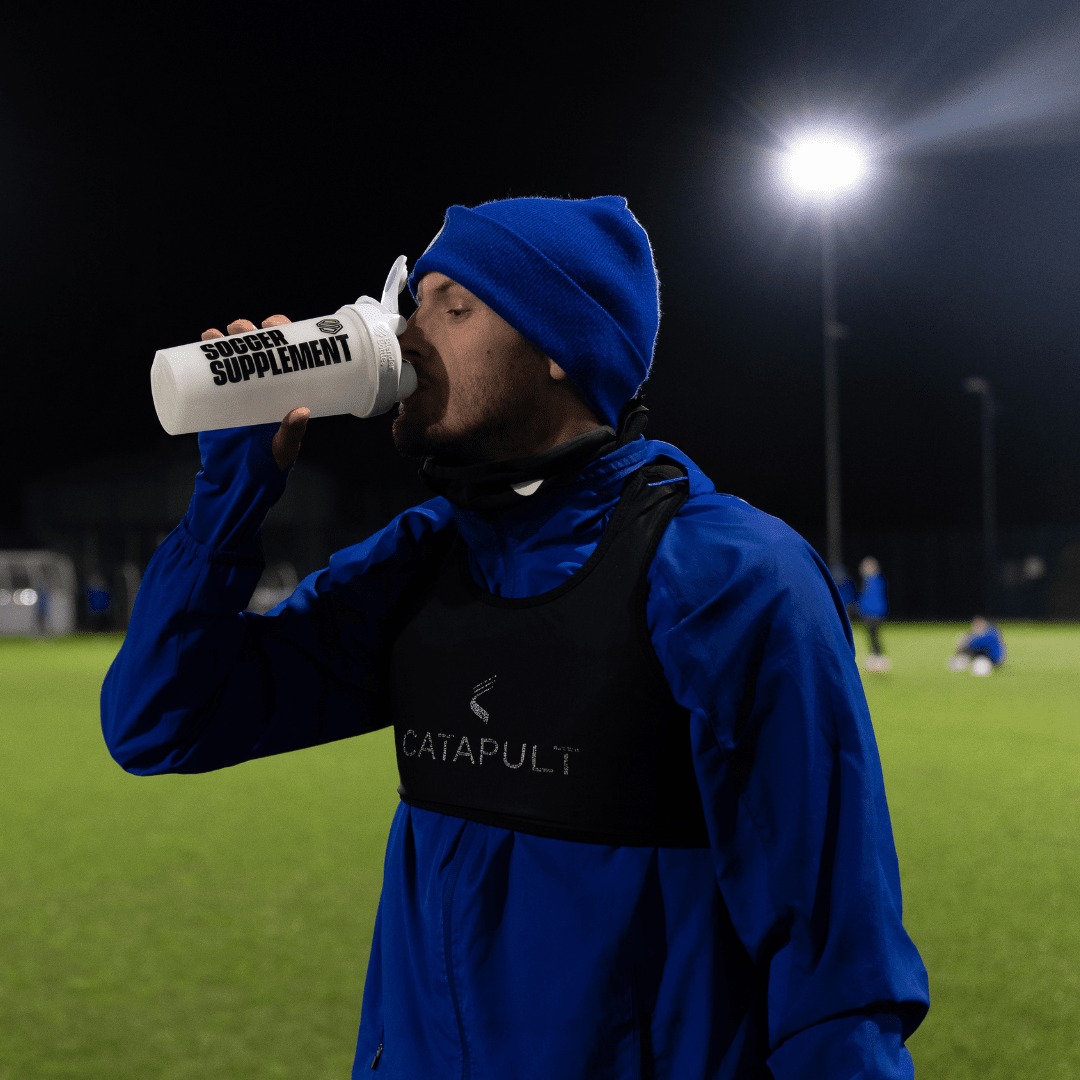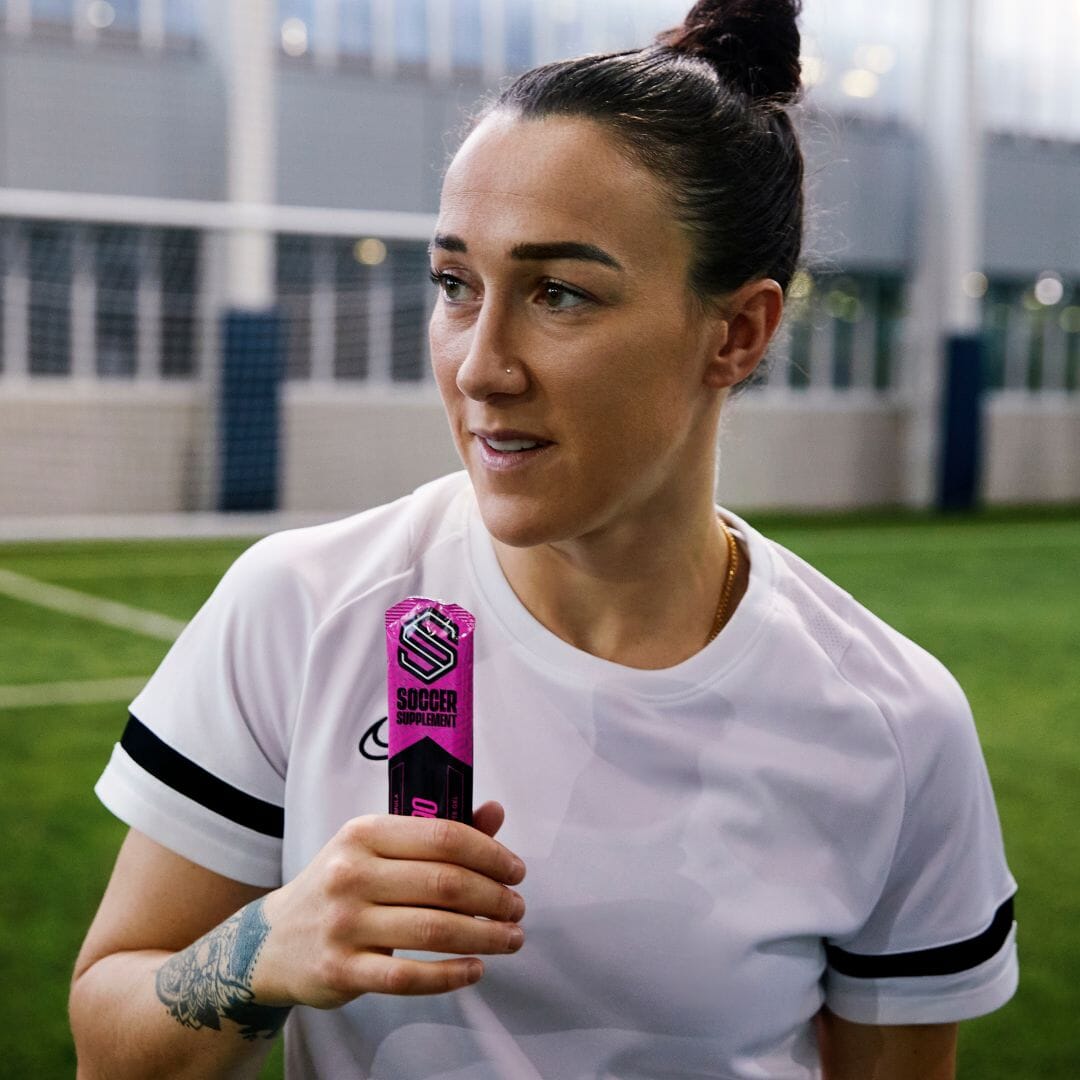Sunday League football may not have the same pace and intensity as the Premier League, but considering the average outfield player will accumulate up to 12kms of running over the 90 minutes, this level of football still demands a considerable amount of fuel.
The truth is that you can spend years developing speed, skill and strength, but if you are feeling weak and sluggish when stepping onto the field, the effort you put in at the gym and during training will have been in vain.
This is why fuelling your body correctly for any football match is imperative.
While a lot of focus is given to what you should eat, the time when you eat it is just as important. For example, eat too early and you will miss the benefits; too late and your performance will suffer.
Thinking about pre-match nutrition on the morning of the match means you have probably left it too late. In fact, you should start eating for the match by increasing your carbohydrate intake between 36 and 48 hours before. So, for a Sunday afternoon kick-off, you will want to up your carbs anywhere from the Saturday morning as far back as the Friday evening.
This can be done pretty easily if you aim for two different carb sources per meal. For example, eating a dish featuring pasta and potatoes on the Friday night, or having a few slices of toast with your porridge on the Saturday morning.
While eating so many carb-rich foods this early may seem a tad strange, it will ensure your muscles are brimming with glycogen (the fuel you need) ahead of the match.
This is advised, as many players aren’t keen on eating a big meal on the day of the game, often due to both pre-match nerves and concerns about digestion. Let’s face it, nobody wants to chow down on a heavy meal hours before an important match.
Still, eating something prior to the match is crucial to keeping those glycogen levels topped up. A well-balanced pre-match meal should be eaten around two to four hours before kick-off, allowing your body the time it needs to digest and store the extra fuel. This will leave your stomach relatively empty and feeling comfortable by the time the first whistle is blown.
The focus of this pre-match meal should be starchy carbohydrates, as these are easy for your body to turn into glycogen – think pasta, potatoes, cereal or bread. Aim for 150g to 250g of these carbs, along with around 30g to 35g of high-quality protein. Always stick to simple foods that you know your body copes well with.
Of course, underpinning all of this is preparation is good hydration. Both in the days before and on the day of the match, ensure that you are drinking enough water, along with added electrolytes if needed (check out our Hydrate90 effervescent tablets – packed with electrolytes and three B vitamins). Aim to drink between 500ml and 1,000ml of fluid over the two to four-hour window before the match.
As you approach kick off, you should be feeling ready to go. If for any reason you feel the need for a boost, this is the time to turn to fast-acting carb sources like fruit (bananas are particularly good) or energy gels.
We recommend our Fuel90 energy and electrolyte gel, developed specifically for footballers. This unique gel contains a dual carbohydrate 3:1 formula for ultra-fast absorption, as well as more than 380mg of electrolytes for extra hydration. Our caffeinated energy gel Focus90 is also ideal, offering three active ingredients (caffeine, citrulline malate and beta alanine) to enhance your mental and physical preparation.
Having taken these nutritional steps in the minutes, hours and days leading up to the match, you will have enough fuel in your body to power you through 90 minutes, without feeling bloated or heavy at any point through the match.
These are your key takeaways:
- Start fuelling up to 48 hours before the match by increasing your carb intake
- Eat a pre-match meal featuring starchy carbs two to four hours before kick off
- Top up your glycogen levels with a fast-acting energy gel 30 minutes before the match
- Drink plenty of water in the days and hours leading up to the match







